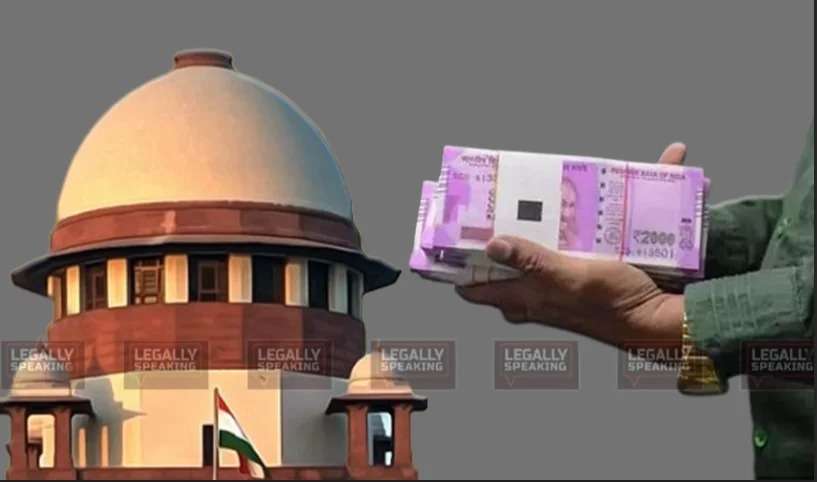
The Supreme Court on Thursday refused to allow urgent listing of the appeal filed by BJP leader & advocate Ashwini Kumar Upadhyay challenging the RBI notification allowing the exchange of ₹2,000 currency notes without any identity proof.
A vacation bench of Justices Sudhanshu Dhulia and KV Viswanathan on Thursday refused to list the appeal filed by Upadhyay against a Delhi High Court verdict that upheld the RBI decision.
During the mentioning today, Upadhyay argued the notification that was manifestly arbitrary & enabling criminals to exchange the black money.
“50,000 crore has been exchanged in 3 days; this is happening first time in the world.”
The Court, however, determined that the plea does not merit hearing during the vacation period. It suggested that Upadhyay could bring up the matter before the Chief Justice of India when the Court resumes after its current summer break.
“Sorry, we are not entertaining these petitions during the vacation. Please mention before the Chief Justice of India after vacation. Next item.”
Upadhyay replied saying,
“Till then all black money will become white money.”
In its May 29 verdict, the Delhi High Court reasoned that ₹2,000 notes had fulfilled their purpose and deemed the decision to withdraw them as a policy matter that should not be subjected to interference by the courts.
The Division Bench, comprising of Chief Justice Satish Chandra Sharma and Justice Subramonium Prasad, acknowledged that the introduction of ₹2,000 denomination banknotes were intended to address the currency needs of the economy following the government’s decision to demonetize high-value currency notes in November 2016.
It was observed that the decision to withdraw these notes was found to be separate from the demonetization process.
Furthermore, the High Court noted that the government had made a decision not to require identity proof for exchanging these notes, enabling everyone to exchange them with banknotes of other denominations.
In his appeal presented to the Supreme Court by advocate Ashwani Kumar Dubey, Upadhyay argued that the High Court’s ruling contradicted the objectives of various legislations aimed at addressing issues related to black money, counterfeiting, and money laundering.
The plea contended that the RBI notification undermines the rule of law in India and violates the rights to equality & dignity, as it allows banks to convert black money into white.




